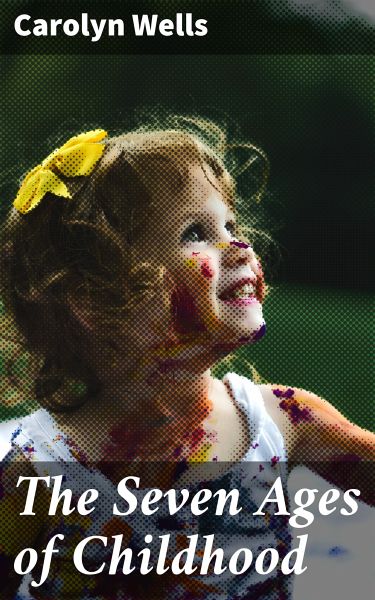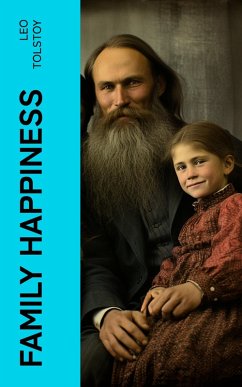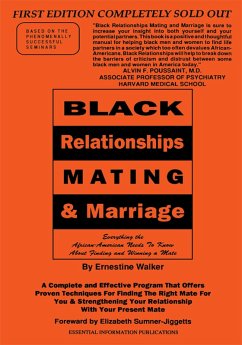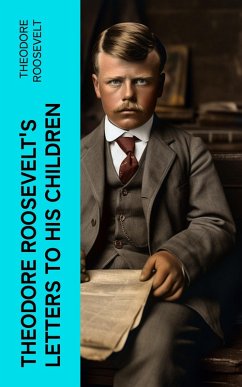
The Seven Ages of Childhood (eBook, ePUB)
Exploring the Joys and Challenges of Growing Up
Versandkostenfrei!
Sofort per Download lieferbar
0,49 €
inkl. MwSt.
Weitere Ausgaben:

PAYBACK Punkte
0 °P sammeln!
In "The Seven Ages of Childhood," Carolyn Wells intricately weaves a narrative that explores the various stages of a child's development through a series of poignant vignettes. The literary style is marked by its lyrical prose and vivid imagery, which capture the innocence, curiosity, and complexities of childhood. Situated within the broader context of early 20th-century literature, the work reflects the era's burgeoning interest in psychology and child development, delving into the emotional and cognitive transformations that accompany each age. Wells employs a blend of narrative and poetic ...
In "The Seven Ages of Childhood," Carolyn Wells intricately weaves a narrative that explores the various stages of a child's development through a series of poignant vignettes. The literary style is marked by its lyrical prose and vivid imagery, which capture the innocence, curiosity, and complexities of childhood. Situated within the broader context of early 20th-century literature, the work reflects the era's burgeoning interest in psychology and child development, delving into the emotional and cognitive transformations that accompany each age. Wells employs a blend of narrative and poetic techniques, inviting readers to immerse themselves in the lives of young protagonists, thus highlighting the universal journey of growing up. Carolyn Wells, an accomplished writer and poet active during the early 1900s, was known for her keen observations of human behavior and her ability to convey depth through simplicity. Her own experiences with children and her engagement with contemporary educational theories likely informed her insights into childhood, allowing her to articulate both the joys and challenges faced by young individuals. As a prominent figure in her time, Wells contributed significantly to discussions surrounding childhood and education, making her works essential for understanding cultural attitudes towards youth. I highly recommend "The Seven Ages of Childhood" to readers who are interested in literary reflections on the formative years of life. This work not only provides an engaging narrative but also serves as an evocative exploration of the complexities inherent in growing up. As such, it remains relevant for anyone seeking to better understand the essence of childhood and its lasting impact on the human experience.
Dieser Download kann aus rechtlichen Gründen nur mit Rechnungsadresse in A, B, BG, CY, CZ, D, DK, EW, FIN, F, GR, H, IRL, I, LT, L, LR, M, NL, PL, P, R, S, SLO, SK ausgeliefert werden.













